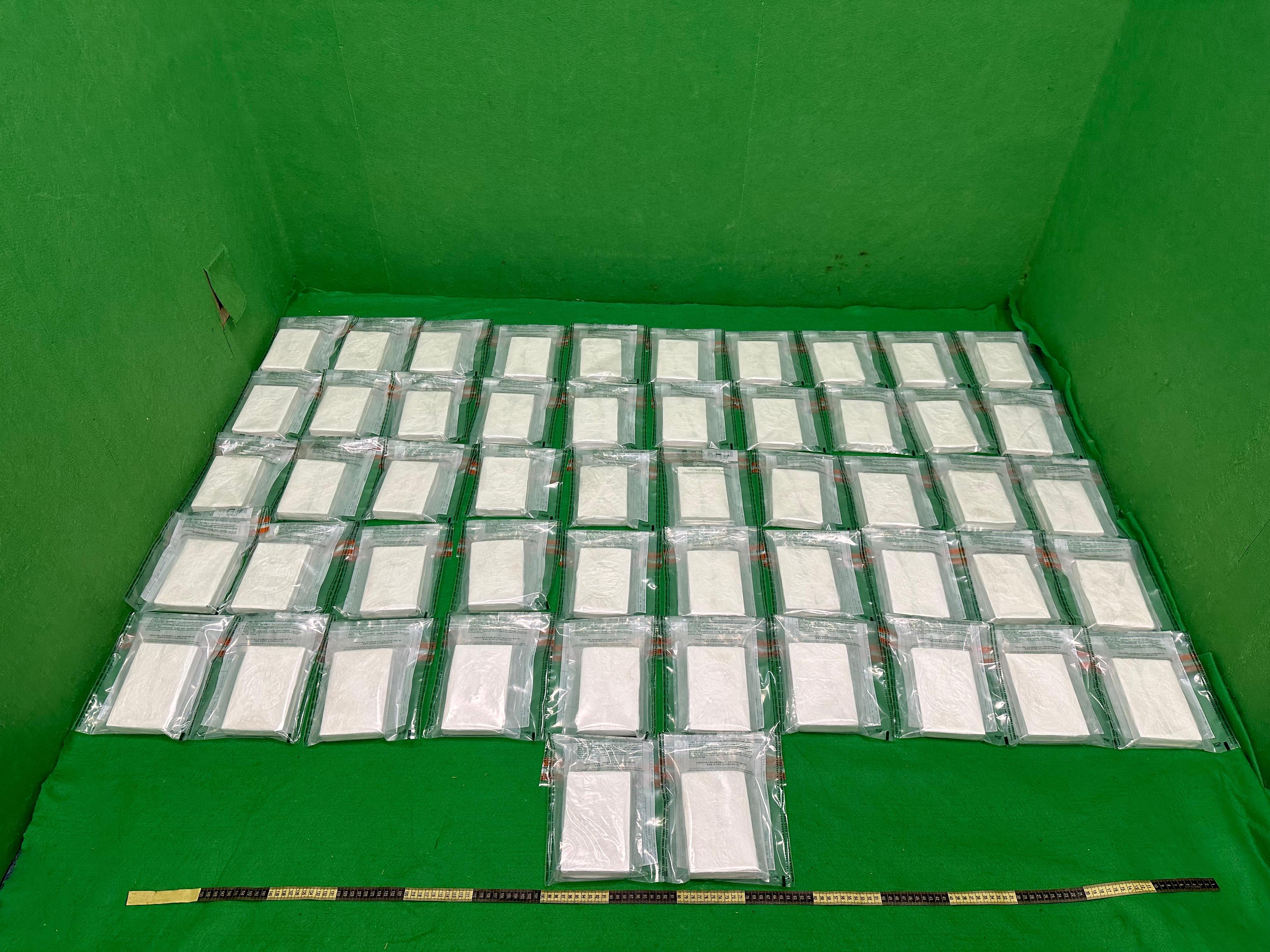DoJ publishes “Annotations of the Hong Kong National Security Law and Sedition Offences in the Crimes Ordinance” and Basic Law sourcebook on its webpage
The Department of Justice (DoJ) today (December 28) published the “Annotations of the Hong Kong National Security Law and Sedition Offences in the Crimes Ordinance” on a dedicated webpage, collating and summarising court cases concerning the Law of the People’s Republic of China on Safeguarding National Security in the Hong Kong Special Administrative Region (NSL) and sections 9 and 10 of the Crimes Ordinance (Cap. 200) concerning the sedition offences for public access, aiming to promote a better understanding of the NSL and the crime of sedition by all sectors of the community, particularly those in the legal, education and public sectors, and raise public awareness of national security.
Since the promulgation and implementation of the NSL in 2020, all judicial decisions in national security cases are made public in an open and transparent manner. The DoJ has prepared case summaries of these decisions and compiled a compendium of annotations to serve as a convenient and practical tool for promoting national security education and conducting legal research on the national security laws.
The Secretary for Justice, Mr Paul Lam, SC, said, “All institutions, organisations and individuals in the Hong Kong Special Administrative Region have an obligation to abide by the NSL and local laws for safeguarding national security. This body of case-law helps us understand the requirements of our national security laws and how they are being applied by the courts.” He also expressed gratitude to Professor Albert Chen for his admirable guidance and contributions, serving as the project’s Honorary Consultant Editor.
In addition, the DoJ today has also uploaded the Basic Law sourcebook, “Basic Law: Selected Drafting Materials and Significant Cases”, to its website for public access. This publication covers selected drafting materials and related cases of the Basic Law, and the interpretations of the Standing Committee of the National People’s Congress on the Basic Law, as well as other pertinent information. As a more complete record of the formulation and implementation of the Basic Law, the publication will help different sectors of the community acquire a correct understanding of the relationship between the Constitution and the Basic Law.
The DoJ will continue to launch more projects for promoting the rule of law and to strengthen the promotional and educational work relating to the Constitution, the Basic Law and the NSL.
The “Annotations of the Hong Kong National Security Law and Sedition Offences in the Crimes Ordinance” can be accessed at www.doj.gov.hk/en/hknslannot.html. While currently it is only available in English, its Chinese version is expected to be accessible to the public early next year, and the content of this webpage will be updated regularly in light of the development of the law. For the “Basic Law: Selected Drafting Materials and Significant Cases”, members of the public are welcome to visit www.doj.gov.hk/en/publications/basic_law.html. read more


